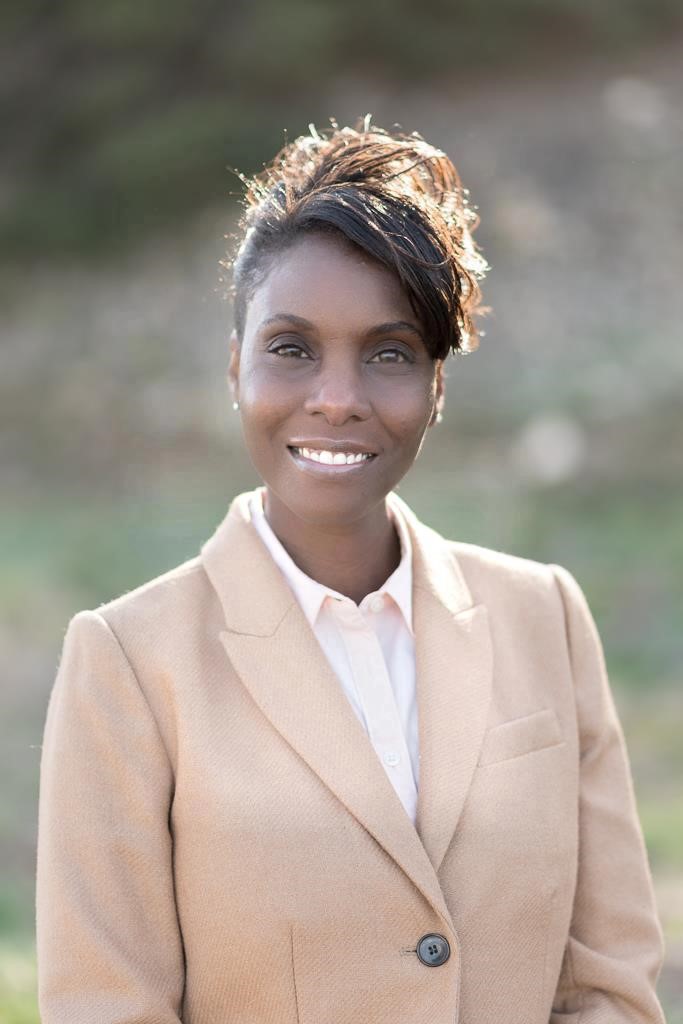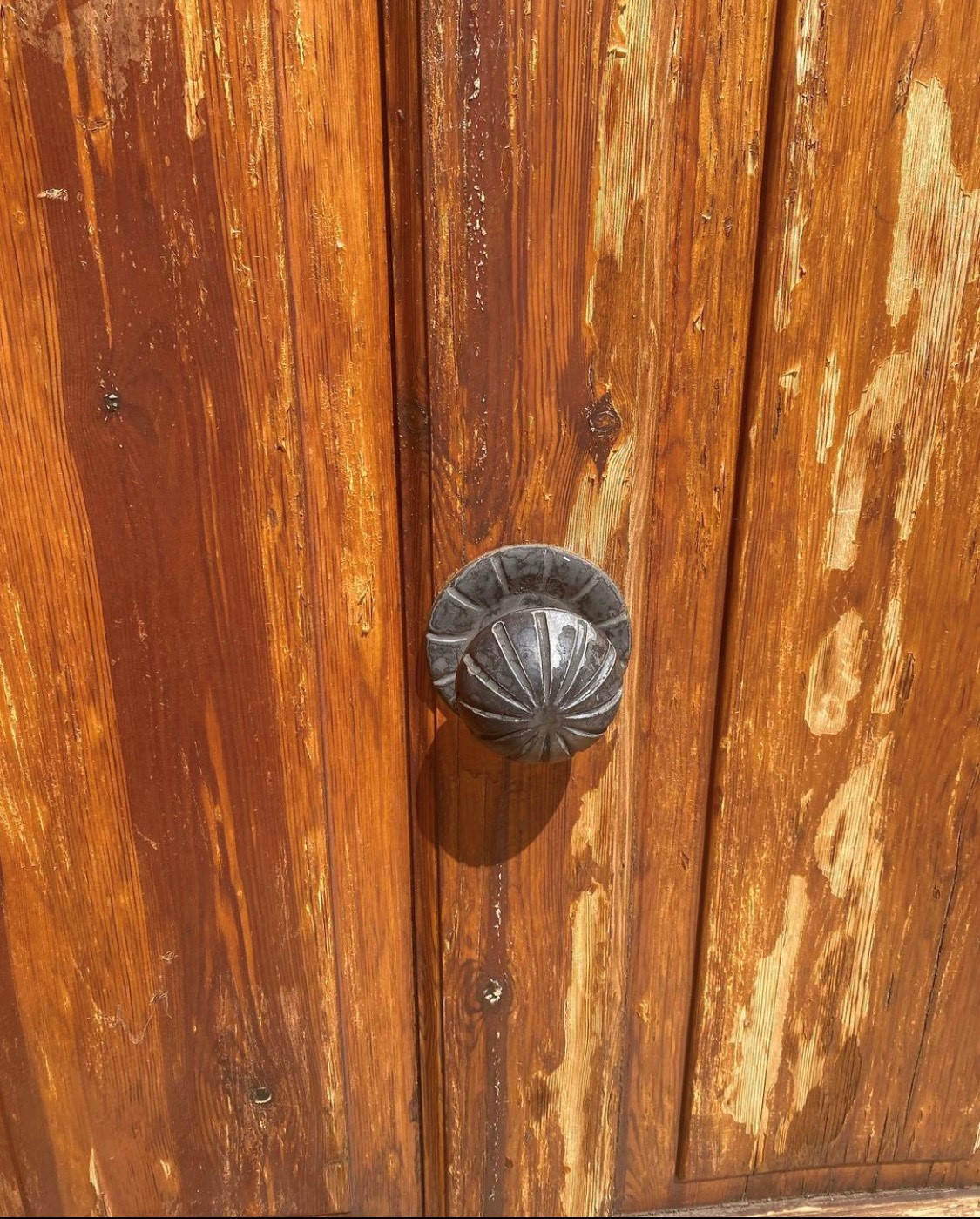The Missed Message of Minimalism

by Sakenya McDonald View Bio
Ancient religion includes many spiritual teachings from times of old. As the years pass, teachings become philosophy. Philosophy informs religion. The social nature of humans means that like-minded individuals will seek out those that are similar.
As groups of individuals joined, teachings were reinterpreted. Sometimes teachings were contextually fragmented which resulted in misapplication. Mistranslation of messages, words, and concepts led to confusion, creating an opportunity for dominance. As a result, some religions became commercialized enterprises, driving the masses to strive for blessings (or the accumulation of things).
“Why do we most often associate being blessed with positive circumstances, wealth, comfort, and the absence of problems? I believe it’s because many of us have a very short term and shallow view of what it means to be blessed”- Sarah Walton
Blessings often include:
- Family – Heterosexual marriage and procreation is exalted.
- Land & Home – Westernized thought is: “The bigger the better”. The more the better.
- Financial gains – Cash, mere paper, becomes the universal form of currency.
- Material items – Items are constructed for two reasons: purpose and status. The masses are stimulated through advertisement to obtain items primarily for status over functionality.
“The modern smartphone is said to have more computing power than the Apollo rockets that went to the moon. However, it would seem all this technology is wasted on most people. In fact, almost two-thirds of people say they actually do not know all of the features that their handset can offer” – Sean Poulter.
In some cases, religion has unintentionally fueled consumerism and ‘blessings’ have long been misunderstood to mean gifts of the material kind, rise in status or importance, and rewards for one’s loyalty. Sarah Walton states, “Unfortunately, even many believers (myself included at times) who have been raised in these wealthy cultures, have fallen victim to this wrong perception as well. Many have seen blessing as being fortunate, comfortable, and happy”.
“When you realize there is nothing lacking, the whole world belongs to you”. – Lao Tzu
Minimalism is more than the 1960’s art scene.
Minimalism is not merely owning less items, eating less food, wasting less stuff.
Joshua Becker defines minimalism as:
- Intentionality – knowing what is valuable to us
- Freedom from the obsession to possess
- Freedom from modern mania
- Freedom from duplicity
- Counter-culture
- Not external (extrinsic), but internal (intrinsic)
- Completely achievable
The great teacher Yeshua admonished, “So, my counsel is: Don’t worry about things—food, drink, and clothes. For you already have life and a body—and they are far more important than what to eat and wear”. The missed message of minimalism in this passage is that minimalism (and hakuna matata) means – “no worries”. Yeshua’s message did not mean we should not eat, drink, or be clothed. His message means forgoing the anxiety of obtaining more things or losing everything.
“How much does he lack himself who must have many things” -Sen no Rikyū. This wise teacher explains that the person who is empty on the inside, who has not substance, seeks many things to fill the empty void. The message here is to fill oneself first with life and the art of living.
“Do not dwell in the past, do not dream of the future, concentrate the mind on the present moment”- Buddha. Minimalism means being present which eliminates anxiety. Being present requires consciousness and understanding that the past and the future do not exist. There is always only the present.
“Attachment to matter gives rise to passion against nature. Thus, trouble arises in the whole body; this is why I tell you: “Be in harmony”. – The Gospel of Mary Magdalene
Years before Mary Magdalene spoke these words, the Buddha also spoke of craving and attachment to material things (matter).
The Four Aryan (or Noble) Truths:
- All existence is dukkha (suffering)
- The cause of dukkha is craving.
- The cessation of dukkha comes with the cessation of craving
- There is a path that leads from dukkha
“Detachment is not that you should own nothing, but that nothing should own you” – Ali ibn Abi Talib
When Mary Magdalene and Buddhist teachings reference craving and attachment, it is in relationship to the mind. For example, Zen Buddhism stresses keeping one’s eye simple. When minimalism causes us to reflect on only keeping the things that are of value to us, we have less time for distraction and more time for life. When a person grows spiritually, they may minimalize their mind but not their possessions. The two are complimentary but not interdependent.
Some of reasons people have given for embracing minimalism
- Financial – not having enough money to obtain (wanted or needed) items
- Physical – disability or chronic pain with severe limitations that require less stuff, less obligations, or less commitments
- Status – Some consider minimalism a movement or fad
- Political – Anti-consumerism/anti-capitalism or the desire for shared resources (communal living)
- Environmental – less material waste, less food waste, less harm to the planet
- Spiritual – desire to obtain enlightenment, inner peace and harmony, or transcendence
- Personality type – some people just naturally desire less clutter and less objects
What can be achieved through minimalism?
- get out of debt (or not get into it)
- travel lightly
- move easily
- have more free time
- have fewer but more valuable things
- have more space
- be more productive
- be greener
- lose weight (minimalist eating)
To conclude, here is a poem on what minimalism feels like to me, as a student, an author, a parent, and an individual striving for a more meaningful and purposeful life.
10,518,984 seconds
minimalist thoughts
less food
less waste
less superficiality
less meaningless connections
can I live with no connections? what if they’re meaningless?
10,518,984 seconds
103 new sunrises
every day a conversation with the person that matters most…
me
and every day the awareness of how big I am
of how small this is
or is it the other way around?
10, 518, 984
a number that means millions
it used to have to be dollars but now…
time is more valuable
(and even that is an illusion)
I’ll gladly give 10,518,984 more seconds
to being more
to finding more
to having more
with less…
MORE BLOG POSTS
Camino Hike…100 Miles Down
Day 6–8. We had our first day walking in the rain, which later on give Bizzy blisters and me, athletes foot. We passed fields of sunflowers, absolutely delightful towns, and …
Leadership Reflections
I recently completed an 8-week leadership development program hosted by my employer. Even though I willfully participated, the first day was a bit nerve-racking. You know what I’m talking about. …


